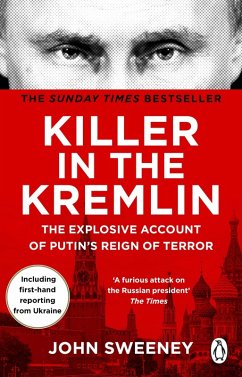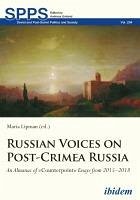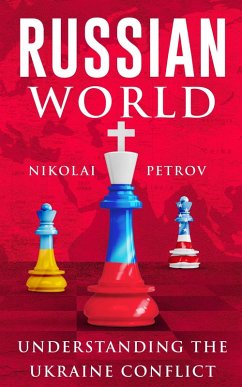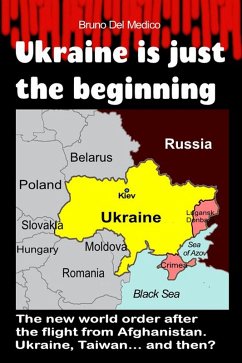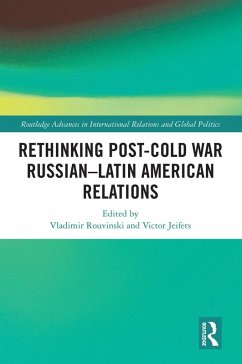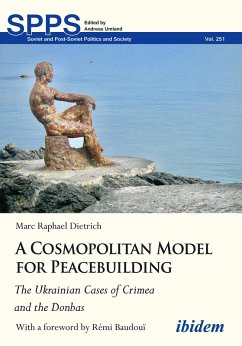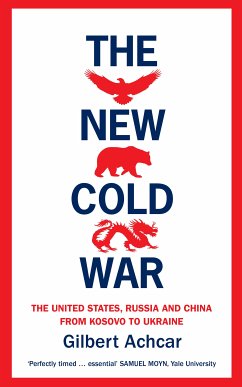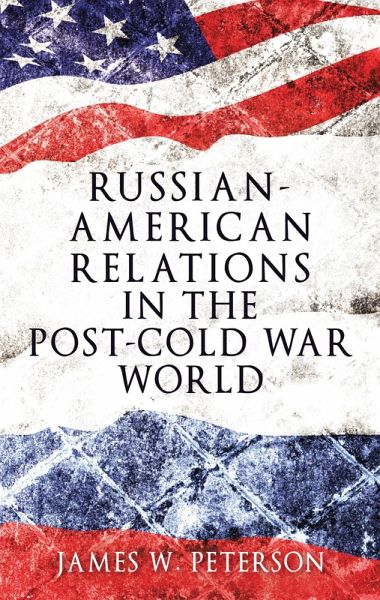
Russian-American relations in the post-Cold War world (eBook, ePUB)
Versandkostenfrei!
Sofort per Download lieferbar
19,95 €
inkl. MwSt.
Weitere Ausgaben:

PAYBACK Punkte
10 °P sammeln!
Why did the Russian take-over of Crimea come as a surprise to so many observers in the academic, practitioner and global-citizen arenas? The answer presented in this textbook is a complex one, rooted in late-Cold War dualities but also in the variegated policy patterns of the two powers after 1991. The 2014 crisis was provoked by conflicting perspectives over the Balkan Wars of the 1990s, the expansion of NATO to include former communist allies of Russia as well as three of its former republics, the American decision to invade Iraq in 2003, and the Russian move to invade Georgia in 2008. This ...
Why did the Russian take-over of Crimea come as a surprise to so many observers in the academic, practitioner and global-citizen arenas? The answer presented in this textbook is a complex one, rooted in late-Cold War dualities but also in the variegated policy patterns of the two powers after 1991. The 2014 crisis was provoked by conflicting perspectives over the Balkan Wars of the 1990s, the expansion of NATO to include former communist allies of Russia as well as three of its former republics, the American decision to invade Iraq in 2003, and the Russian move to invade Georgia in 2008. This book uses a number of key theories in political science to create a framework for analysis and to outline policy options for the future. It is vital that the attentive public confront the questions raised in these pages in order to control the reflexive and knee-jerk reactions to all points of conflict that emerge on a regular basis between America and Russia.
Dieser Download kann aus rechtlichen Gründen nur mit Rechnungsadresse in A, D ausgeliefert werden.





